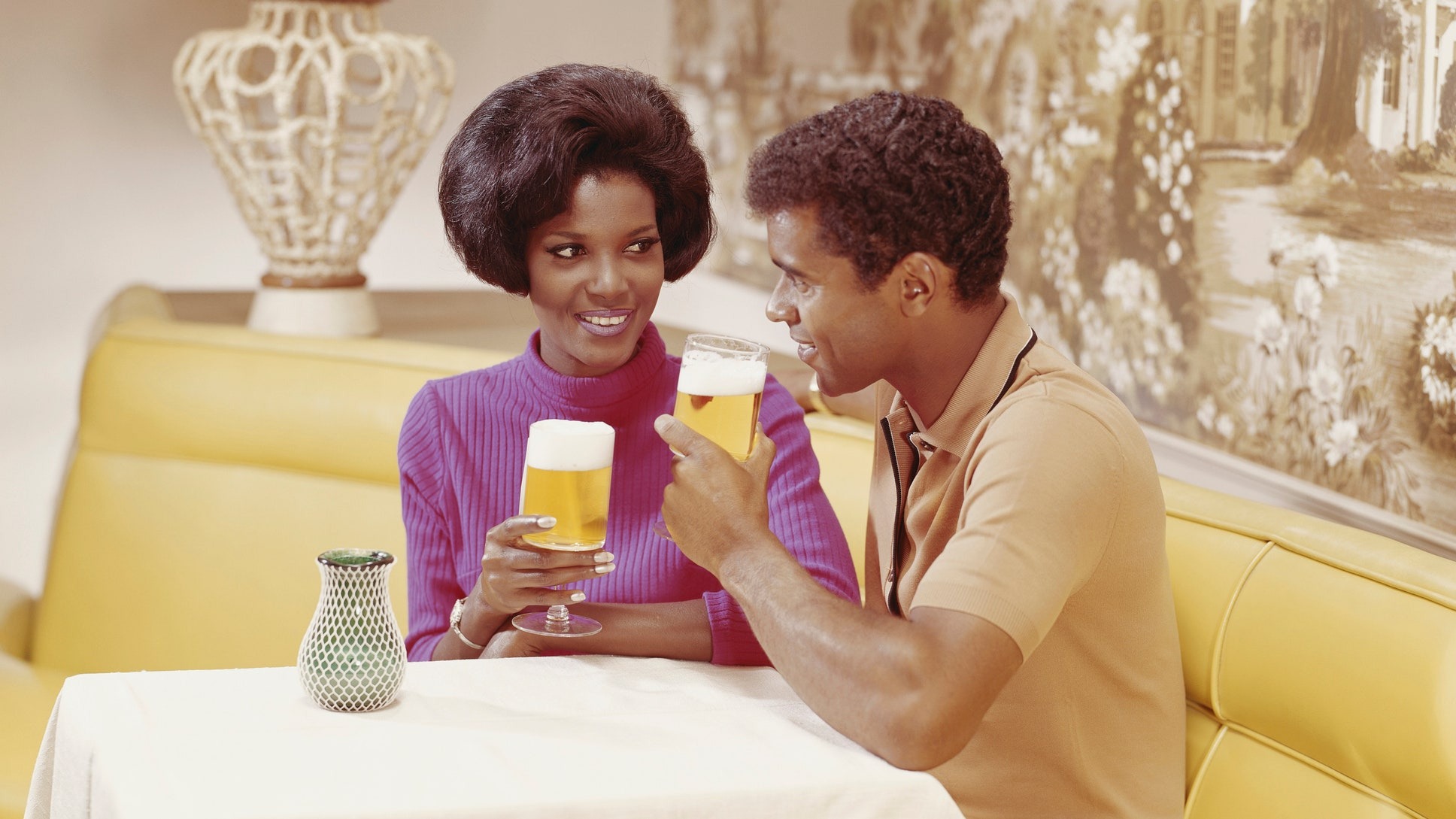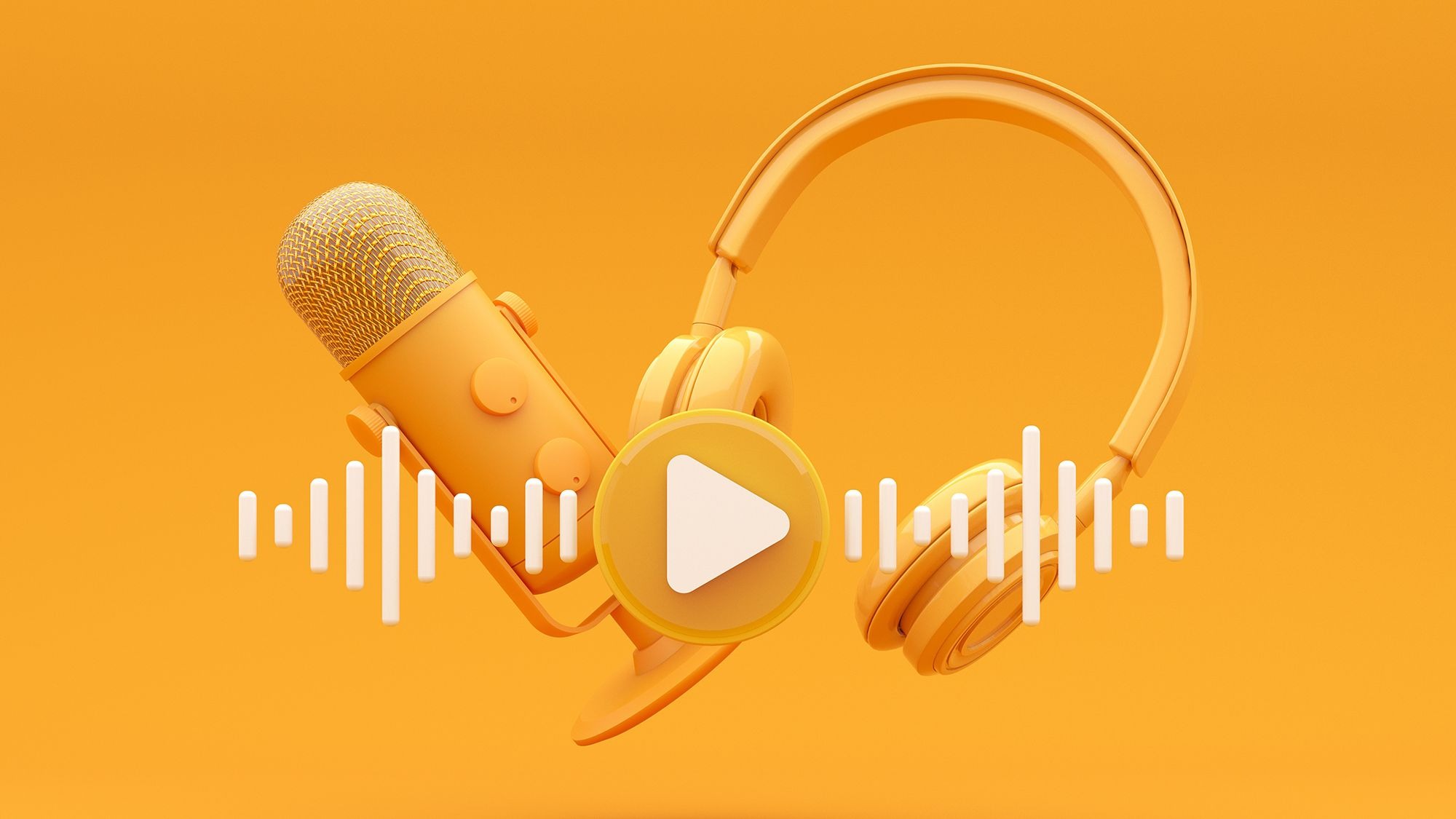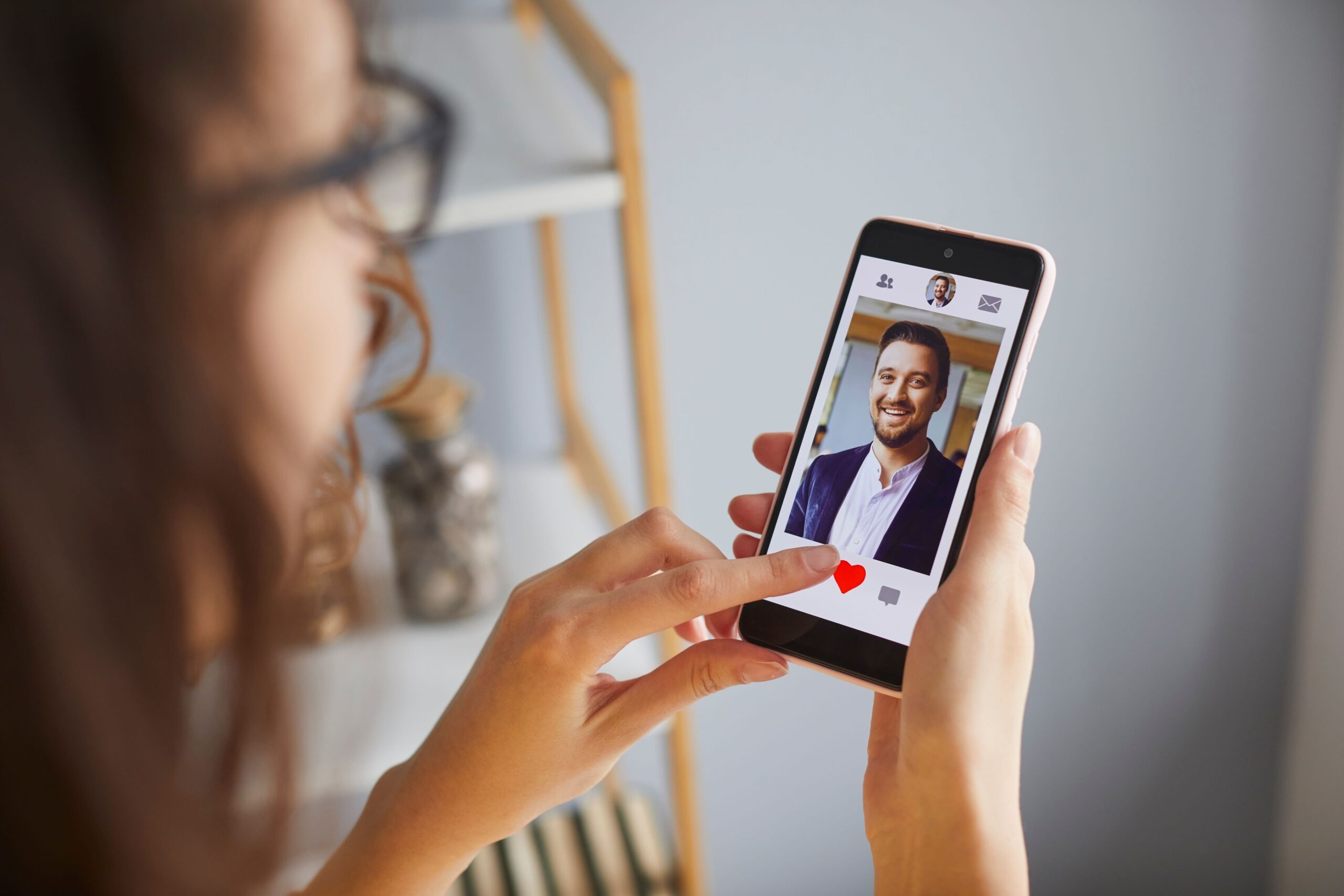Surviving a bad first date takes more than just polite smiles and quiet exits. It requires emotional reset, honest reflection, and mindful decisions after you walk away. Whether the date was awkward, underwhelming, or just plain off, how you react in the hours and days that follow can shape your confidence and impact your future connections.
This guide shows a roadmap to help you process, recover, and regroup after an unsuccessful first encounter—without losing your sense of self or turning a small misstep into emotional baggage.

1. Acknowledge Your Feelings Without Judgement
When the date ends badly, you might feel awkward, disappointed, or even embarrassed. Maybe the chemistry wasn’t there or the conversation stalled. Letting those feelings simmer only makes them worse. Instead, give yourself permission to feel them without self-judgement.
You might say, “This date felt off and that is fine.” Or write your thoughts in a private note. Validating your own emotions prevents unnecessary self-blame or harsh criticism.
2. Process Thoughts Immediately, Not Hours Later
It is easy to replay awkward moments in bed late at night. But lingering on a date’s missteps can turn small memories into overwhelming doubts. Choose a neutral moment—like during your commute or after a shower—to process what happened. Ask: What worked? What felt off? What was beyond your control?
This early reflection prevents rumination and frees your mind before you sleep. You might even feel lighter the next morning.
3. Talk to Someone You Trust
A quick conversation with a friend or family member can help you unpack the experience. Share one or two observations—the date started awkwardly, or conversation didn’t flow—and you might be surprised to hear that many have been there before.
Their perspective often normalises your feelings. That makes it easier to move forward with less emotional drag.
4. Look for the Lesson—Without Harshness
Even a bad date can reveal clarity. Perhaps you realised you need better chemistry, or that two people speak very differently about work-life balance. Maybe you disliked how they spoke about past relationships.
Reflect on that information. These insights guide your future choices. But avoid harsh self-blame if you misread a vibe. Dating is practice, not performance.
5. Avoid Reaching Out in Frustration
It can feel tempting to text the person after a bad date—either to explain what went wrong or send a joke to lighten the mood. More often than not, that leads to miscommunication or unwanted drama.
Instead, give yourself a couple of days to reflect before deciding whether to follow up or not. If you still feel a spark or curiosity remains, plan a clear, calm message later the week. If not, confidently close the chapter.
6. Honour Your Boundaries Moving Forward
Engaging someone a second time is your choice alone. If the mismatch felt mild, you might choose to give it another shot. If red flags were present—lack of respect, degrading talk, disinterest—you have every right to move on.
Closure comes from clarity. Decide where your boundary lies based on what felt okay and what didn’t—as simply as “This didn’t feel right and I trust that feeling.”
7. Reset Your Mind With a Positive Activity
After a rough date, do something that brings you pure enjoyment: cook your favourite meal, go jogging, meet a friend, or watch a feel-good series. That change resets your emotional tone and reminds you there is life—and joy—outside the dating world.
A positive activity lifts your mood and prevents one encounter from defining your day.
8. Reaffirm Your Self‑Worth
Negative dating experiences can dent your sense of worth unless you speak up for yourself. Take time to remind yourself of your strengths: your kindness, your intelligence, your sense of humour. It helps to write a short list or read affirming notes from friends or mentors.
Affirmation is not empty fluff. It is intentional choice to tell yourself who you are regardless of someone else’s reaction.
9. Reflect on What You Really Want
A bad date can also reinforce what you value. If the person lacked emotional intelligence or curiosity, that confirms what you want from your next match. Use that clarity to guide your future choices—so you invest in people who honour who you are.
10. Plan Your Next Step With Confidence
When you feel ready, revisit your dating apps, ask a friend to introduce someone, or choose to wait until you feel genuinely open again. Either way, your next move should come from choice, not reaction to the last disappointment.
Dating with intention builds momentum. Approach the next connection with fresh energy and lessons from the past.
11. Protect Your Emotional Energy
Some dating phases should be limited. If multiple dates drain you emotionally, take a break. Use that downtime to reflect, rest, and reset boundaries.
Breaks are not failure—they show respect for yourself. A rested heart is stronger and clearer when next you see connection.
12. Stay Polite if Paths Cross Again
If the person reaches out later, think through your response. You can choose to be kind or simply not reply. You do not owe them an explanation. A gentle message such as “I enjoyed meeting you but did not feel a connection. I wish you well” is enough, or silence is okay too.

13. Keep Your Heart Open to Potential
One difficult date need not close your heart. Staying optimistic allows for surprise connection with someone whose vibe syncs better. Each date is a chance for growth, clarity, or joy—not just another try.
14. Look Back Later to See Progress
After a few weeks, reflect on how you handled that bad date. Did you stay calm? Did you learn something? Did you rebound? Recognising your growth helps you see how dating is teaching resilience.
You might be surprised at how differently you handle things now compared to months ago.
15. Encourage Yourself With Realistic Hope
Dating is a series of moments. Some will click, others won’t. Treat each encounter like a chapter—none defines your story unless you let it. Choose hope based on who you are, not past experiences.
Your next great match may arrive when you pause, reflect, and then step back in whole again.
Surviving a bad first date doesn’t require stuffed smiles or emotional denial. It calls for honest acknowledgement, thoughtful reflection, emotional resetting, and kind next steps. Treat yourself with respect, keep perspective, and remember your journey is not measured by one failed encounter but by how well you learn, heal, and continue.









Leave a Reply